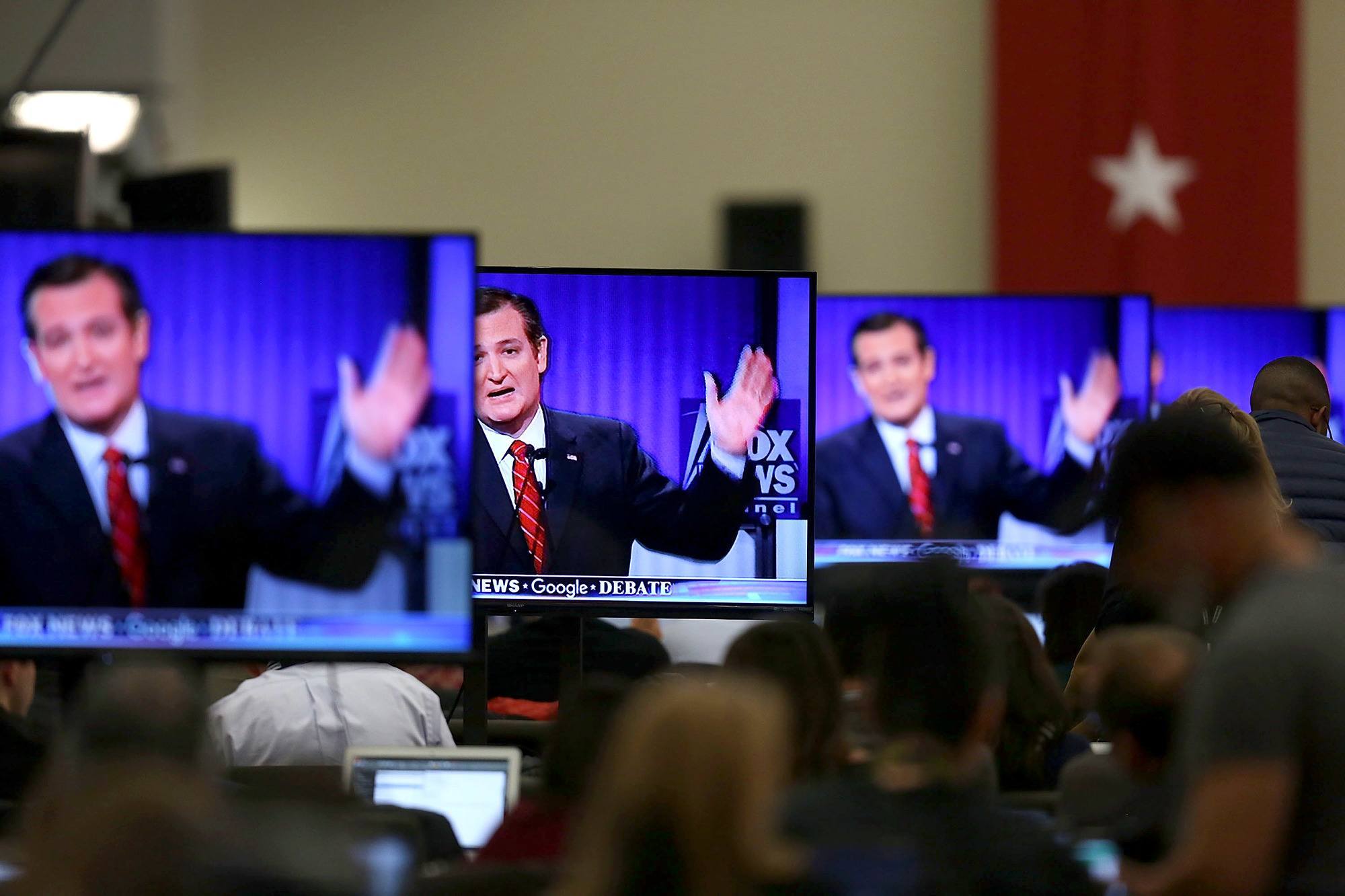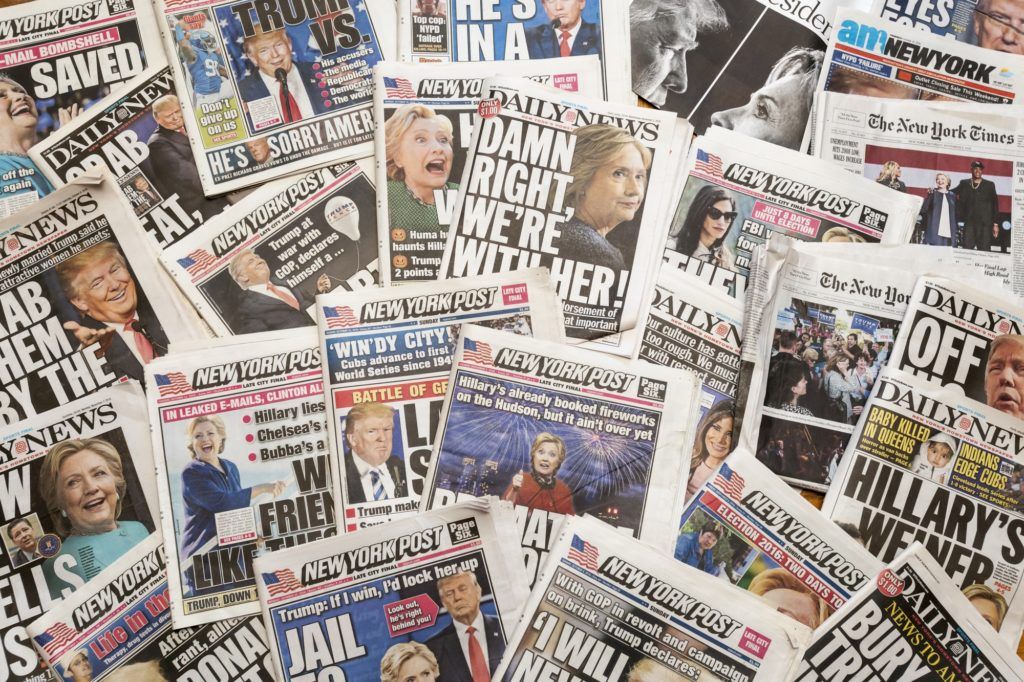
One day of crisis is supplanted by 24 hours of something different – say a ban on transgender soldiers in the military – and the agenda changes as constantly, restlessly, as a Twitter feed. You cannot be serious? Perhaps not: for the comings and goings inside the White House – and, most significantly, its press room – seem more hilarious than serious as The Mooch plays Damon Runyon meets Goodfellas. Photograph: Bruce Adams/ANL/REX/ShutterstockĪll of which encompasses little more than two weeks in DC, weeks also marked by the collapse of Obamacare repeal, growing tension over North Korea and direly worsening relations with Moscow. Montgomerie: ‘examining the important things rather than the latest things’. His new chief of staff wants Scaramucci gone, and Scaramucci goes. He wants to get rid of his chief of staff, and does. He wants to get rid of Sean Spicer and appoints Anthony Scaramucci as communications overlord, whereupon the beleaguered press secretary quits.

He wants to sack Jeff Sessions and derides the attorney general openly.
One, of course, is the continuing saga of Trump, perhaps now building to some kind of frenetic conclusion.
UNHERD MEDIA BIAS FULL
And think, today, what a difference the full blast of social media has wrought – for two prime examples are in full swing this summer. Now the pressure seemed constant, the phone lines were always busy. None of the old stately routines, the routine briefings for evening paper correspondents, for morning daily folk, for broadcasters thinking about 6pm and 10pm: days of known deadlines.
UNHERD MEDIA BIAS TV
These are charges worth pausing over, whether or not you click to .Īlmost two decades ago, in the Downing Street press room, Alastair Campbell discovered that 24-hour TV news channels had changed the whole nature of his job. He concluded that “newsrooms, rightly so careful to seek more gender and ethnic balance within their teams, had not noticed that ideologically, socially and in other vital ways, they had become monochrome”. Broadcasters and publications that were routinely so out of touch with large parts of the nations they covered that they didn’t even begin to understand why so many people had voted in the way they had.” He believed that “the huge upsets of 2016 weren’t just signs of a broken politics and a broken economic model – although they most certainly were. He knew – or thought he knew – that a “24/7, politics-focused, controversy-chasing-and-sparking and overwhelmingly negative (and therefore pro-interventionist) news industry had simultaneously become too unbalanced and powerful in advanced-stage democracies”.

But let’s start where super-political Tim switched off, because that’s a decision with resonance.


 0 kommentar(er)
0 kommentar(er)
